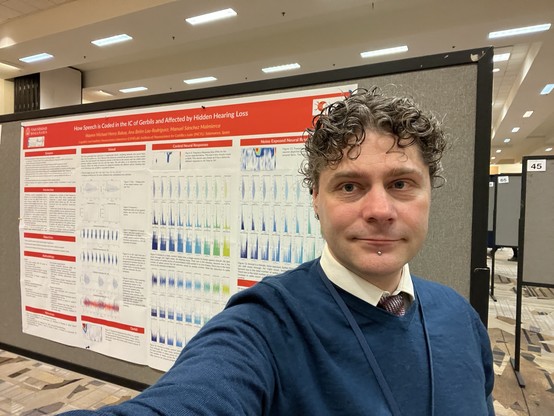But Krisp and other (particularly AI-powered) noise cancelling technologies are particularly egregious in two big ways:
- One, they'll often (but not always) influence the threshold mechanism for transmitting. From a Gamer's perspective, this is good, because they can hug the smoke detectors in their home and nobody hears it...
... but it also means that if they're making any sort of noise while actively speaking, small sections of the meaningful audio just get disappeared never to be heard again.
- Two, most of these are actively altering the audio to try and subtract the spurious sound from the speech, and since it's not part of the averaged background (like with NC), this is a much more computationally involved task. Thus, leaning on AI.
... But its an imperfect and imprecise process, and swings for 'good enough' in an admittedly difficult problem-space. Speech is wholly altered; transients are cut or rounded, timing can be reinterpolated, etc.
Many (most?) people can work through this with little difficulty, but for people with an #AuditoryProcessingDisorder especially, the combination of these factors and the lack of visual cues like lip-reading to 'fill in the gaps,' it can turn what should be fun or productive time into frustration, depression, and disengagement.
